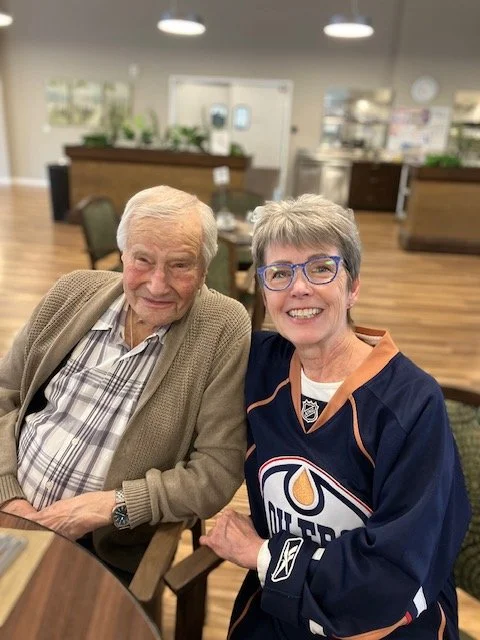More Than a Friendly Face: The Role of Companion Care in Senior Wellness
As we age, our needs evolve—and so does the kind of support that helps us thrive. While medical care often takes center stage, there’s another type of care that plays a vital role in senior wellness: companion care.
More than just a friendly face, a companion provides consistent emotional and social support, helps with daily routines, and encourages independence in a way that’s respectful and enriching.
Supporting Seniors’ Well-Being
Companion care focuses on non-medical assistance that supports a senior’s well-being, especially those who may live alone, or far from family.
It’s about being present, offering encouragement, and bringing connection to daily life. This kind of care might include:
Sharing meals or coffee chats
Going for walks or attending events
Playing cards or doing puzzles
Watching sporting events or movies
Helping with errands or appointments
Offering companionship during difficult transitions, like downsizing or grieving
The Impact on Senior Wellness
Loneliness is more than an emotional state - it’s a public health issue. Studies have shown that social isolation can be as harmful as smoking 15 cigarettes a day, increasing the risk of cognitive decline, depression, and even early mortality.
Companion care helps to counter this by:
Providing social connection: Regular visits create a sense of routine, security, and belonging.
Encouraging movement and activity: Companions often motivate clients to stay mobile and engaged.
Boosting mood and confidence: Having someone to talk to can lift spirits and ease anxiety.
Monitoring well-being: While not clinical, companions can often spot small changes in mood, behaviour, or ability that may warrant attention.
Supporting Families Too
Companion care isn’t just a gift to seniors - it’s also a lifeline for families. When you can’t be there in person, a trusted companion offers peace of mind, knowing your loved one is cared for and connected.
Whether it’s checking in after a hospital stay, providing companionship during a caregiver’s vacation, or supporting someone adjusting to life without a spouse, companion care fills the gaps that traditional services often miss.
Is It Time to Consider Companion Care?
If your loved one:
Has stopped participating in hobbies or social events
Lives alone or has recently lost a spouse
Seems forgetful, anxious, or withdrawn
Could use a little help organizing the week or getting to appointments
…then companion care might be the gentle support they need to feel more like themselves again.
A Friendly Face… and So Much More
At its heart, companion care is about human connection. It’s about honoring the dignity, independence, and stories of older adults by being present in their everyday lives.
Because sometimes, the simplest things - a good conversation, a shared walk, a steady presence - can make the biggest difference.

